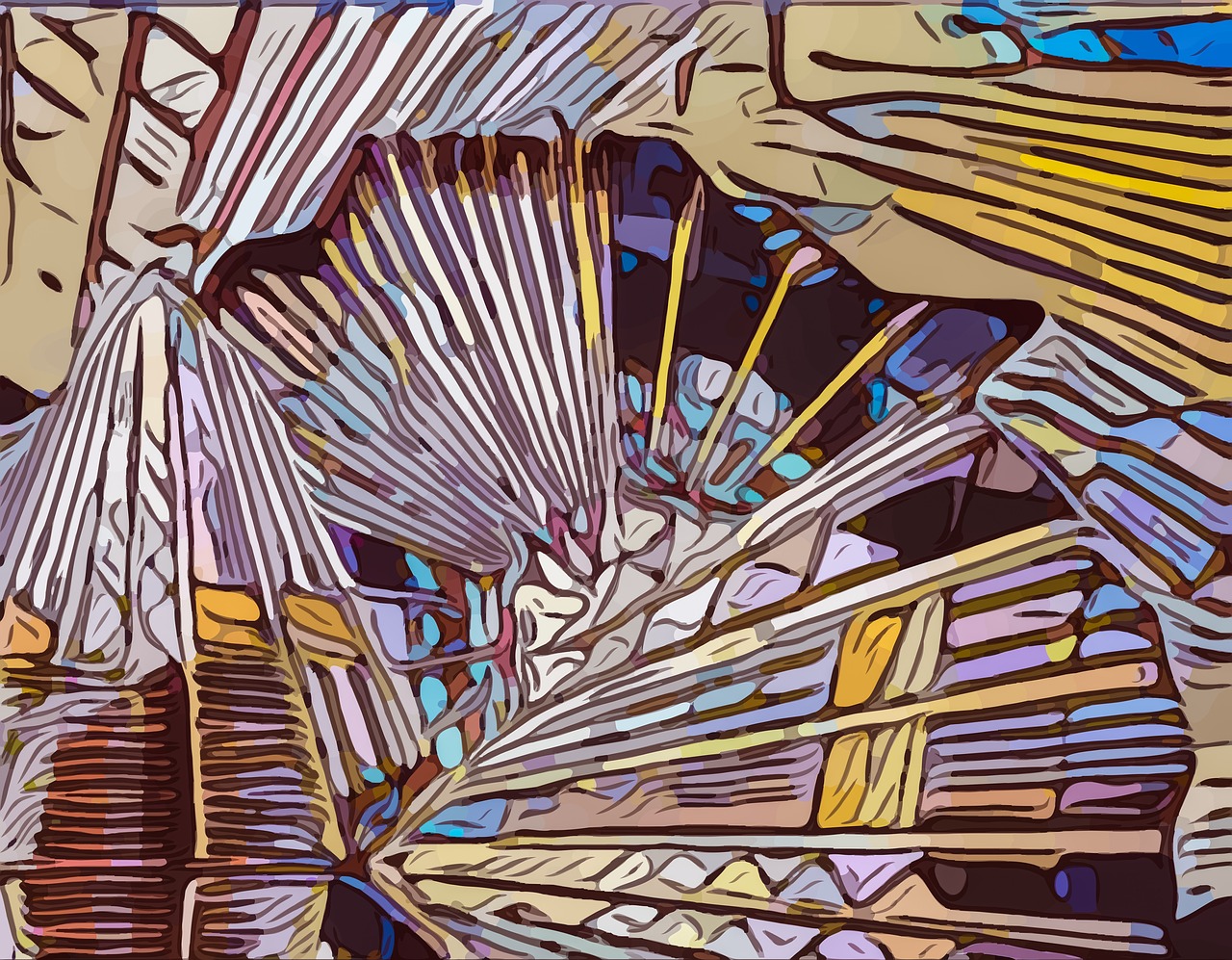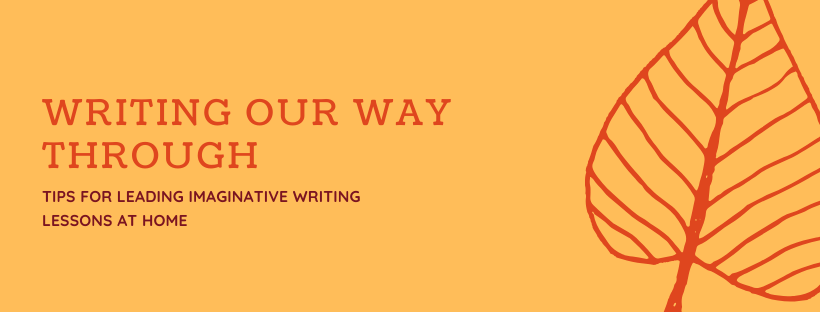In this lesson from T&W teaching artist Jennifer Bartlett, participants unpack their perceptions of disability, explore the origin of those perceptions, analyze a poem written by a disabled poet, explore explicit and implicit biases within a dialogical framework, and write a poem exploring an aspect of their own identity.
Lesson Overview
Grade/Population: High school or adults
Genre: Poetry
Download: Exploring Disability Justice through Writing
Guiding Questions:
- How do we think about able-bodied and disabled bodies?
- What is the non-normative body?
- How do we enact disability empowerment through poetry?
LESSON PLAN
Brainstorm (20 minutes)
- Break students into groups and ask each group to brainstorm perceptions they have of people with disabilities.
- Invite each group to make a list of terms associated with disability. Note: In this exercise, it is important not to shame people or make them nervous about perpetuating stereotypes. Invite students to engage in a sensitive and bold conversation where prejudices can be discussed without fear.
- Come back to the large group and share the list of perceptions. Write the answers on the board.
Discussion (20 minutes)
- Ask students to reflect on their experience by asking the following questions: Do you know someone with a disability? What is your relationship like with this person? Engage with students in a sensitive manner so they do not feel put on the spot.
- Play Jennifer Bartlett’s short video.
- Finally, invite participants to ask questions about and share their reactions to the video.
Mentor Text (10 minutes)
- Read Sheila Black’s poem “What You Mourn” as a class. Invite students to read round robin in order to hear multiple voices.
- Invite students to pick out the individual words in the poem that are not usually associated with disability, as well as the words that are often associated with disability.
- Compare and contrast the words and images that have been identified, and engage students in a reflective process examining their perspectives and potential unexplored biases.
- Examine how the poet addresses and speaks back to the negative conceptions.
Writing (10 minutes)
- Invite students to think about an aspect of their own identity that they view as different, or that they have felt other people have viewed as different. Encourage them to follow Black’s model of writing a poem that talks back to the negative perceptions.
Closing (5 minutes)
- Invite students to read their work aloud.
- Ask the audience to listen carefully to their peers’ work.
- Ask questions focused on social-emotion learning such as: Did you know this about this aspect of this person’s identity? Did you know that this is a part of themselves that they treasure/struggle with? How does knowing this part of who they are change how you think and feel towards them?
- Ask ELA-focused questions such as: What images do you remember from your classmates’ poems? What could you see in your mind’s eye when you listened to their poems?
Materials:
- Sheila Black’s poem “What You Mourn“
- Video of Jennifer Bartlett
- Pen/pencil and paper
Multi-modal Approaches to Learning: Linguistic, Spatial, Interpersonal, Kinesthetic, Existential
Suggestions for Educators: Depending on the population being served educators may consider distributing Jennifer Bartlett’s New York Times essay entitled “Longing for the Male Gaze.”
Jennifer Bartlett is the author of three books of poetry, a biography of the poet Larry Eigner, and co-editor of the anthology Beauty is a Verb: The New Poetry of Disability. She has had individual works published in Poetry, The New York Times, Brooklyn Rail, and many other journals. Bartlett has been a teacher for sixteen years. She began her teaching career as a NYC Department of Education teaching fellow and taught middle school and high school English for six years. She has subsequently taught poetry, literature and composition at Montclair State University, City University of New York, St. Mark's Poetry Project, Willie Mae Rock Camp for Girls, and the MS Society. Bartlett is a member of the Teachers & Writers Magazine Editorial Board.



